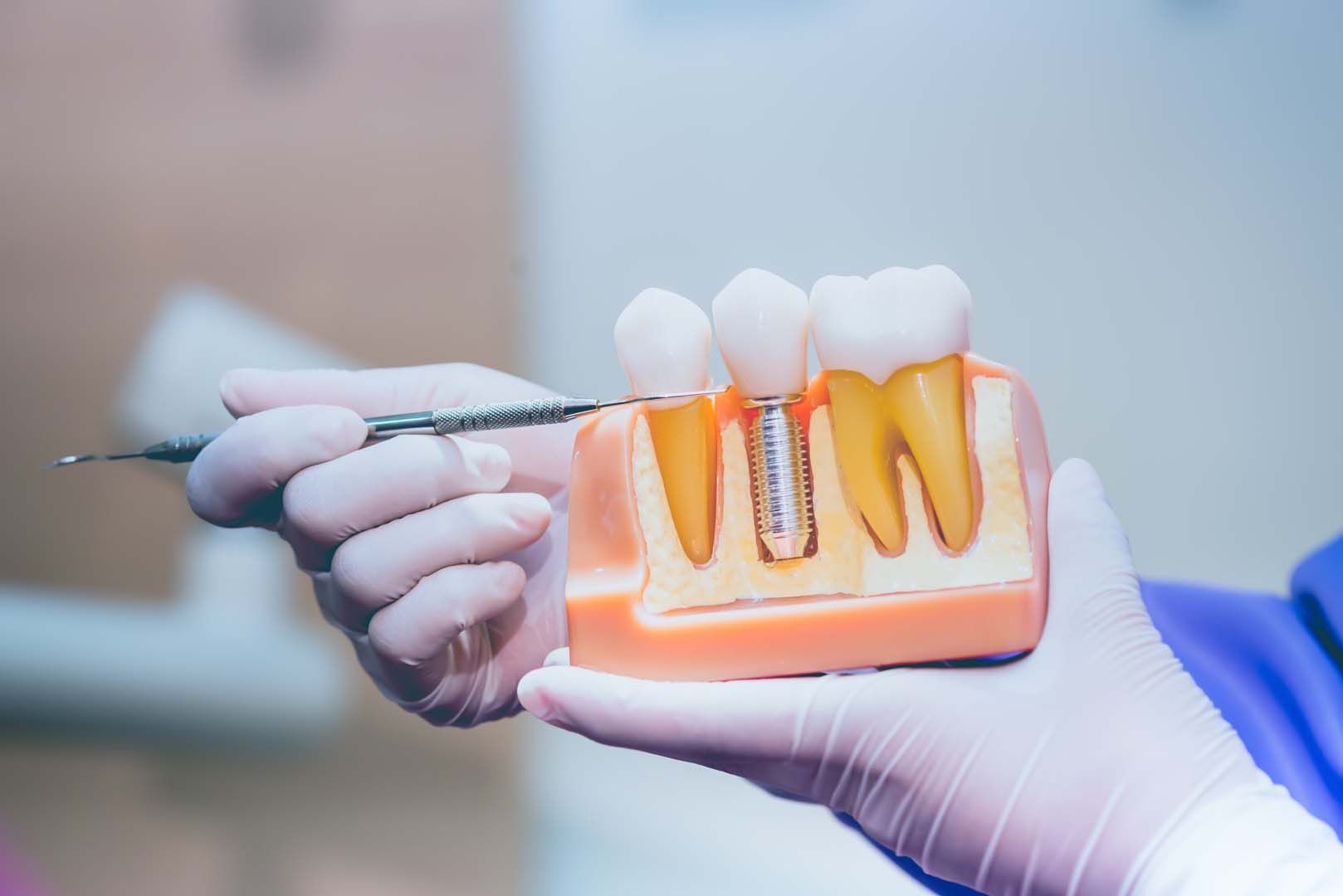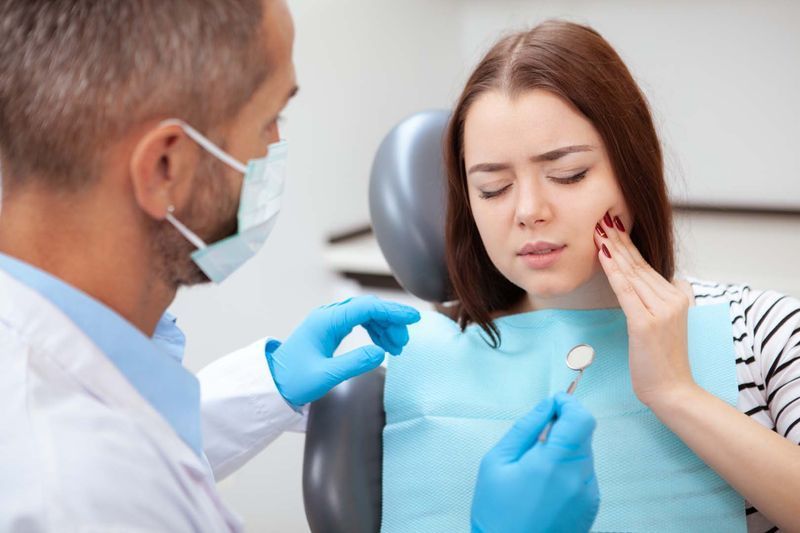HOW OFTEN DO DENTAL IMPLANTS NEED TO BE REPLACED?

If you have been recommended for dental implants, you may wonder if they will ever have to be replaced. Implants are a permanent restorative solution for patients seeking that perfect smile. Dental implants look and feel natural in the mouth, and last upwards of 25 years if they are cared for properly.
At our practice, dental implants are one of the most common restorative options performed. Many patients are leaning towards this permanent option to give them a durable smile that will last for years. Dental implants can last your entire life, and they are one of the most reliable tooth restoration options available to patients.
How Successful Are Dental Implants?
Implants have a 95% success rate, and we encourage patients to use good oral hygiene habits to keep the implants clean and free of plaque. This helps the implants to last, and prevents infection which can make them unstable in the mouth. Implants moving or needing replacement is rare. If an implant shifts out of place this could indicate the bone tissue is not providing enough support, and you should contact our dental office immediately.
Interested in Dental Implants?
Caring for your implants at home is similar to caring for your natural teeth. Practicing good oral hygiene habits at home will ensure your implants last for years and never need to be replaced. Our friendly team is here to help you achieve the smile you have always wanted. We are always available to answer questions and help you every step of the way.
If you are interested in finding out more about dental implants and how they may benefit you, contact us to schedule your consultation as soon as possible.
Tips to Ensure your Dental Implants Last a Lifetime
Here are some helpful tips that you can start using to get the most out of your dental implants:
- Floss daily using an implant specific floss or wax free floss to help keep the area clean and free of plaque. A Waterpik Water Flosser can be used to assist in removing plaque around the implants.
- Use a low abrasive tooth brush such as a soft type brush on your implants.
- Avoid any products, foods, or drinks containing any ingredients that may stain your teeth.
- Anti-microbial rinses can be used to help reduce inflammation and prevent infection.
- Avoid products that contain stannous fluoride, sodium fluoride, or baking soda. These ingredients can make the implants prone to corrosion.





